
What is SEO?
SEO, or Search Engine Optimization, is the practice of increasing targeted traffic to your website from organic search engine results.
To do this, you need to understand what your online audience is looking for when they search.
Searches are one of the main ways we now locate content online.
An example of a google search result is:
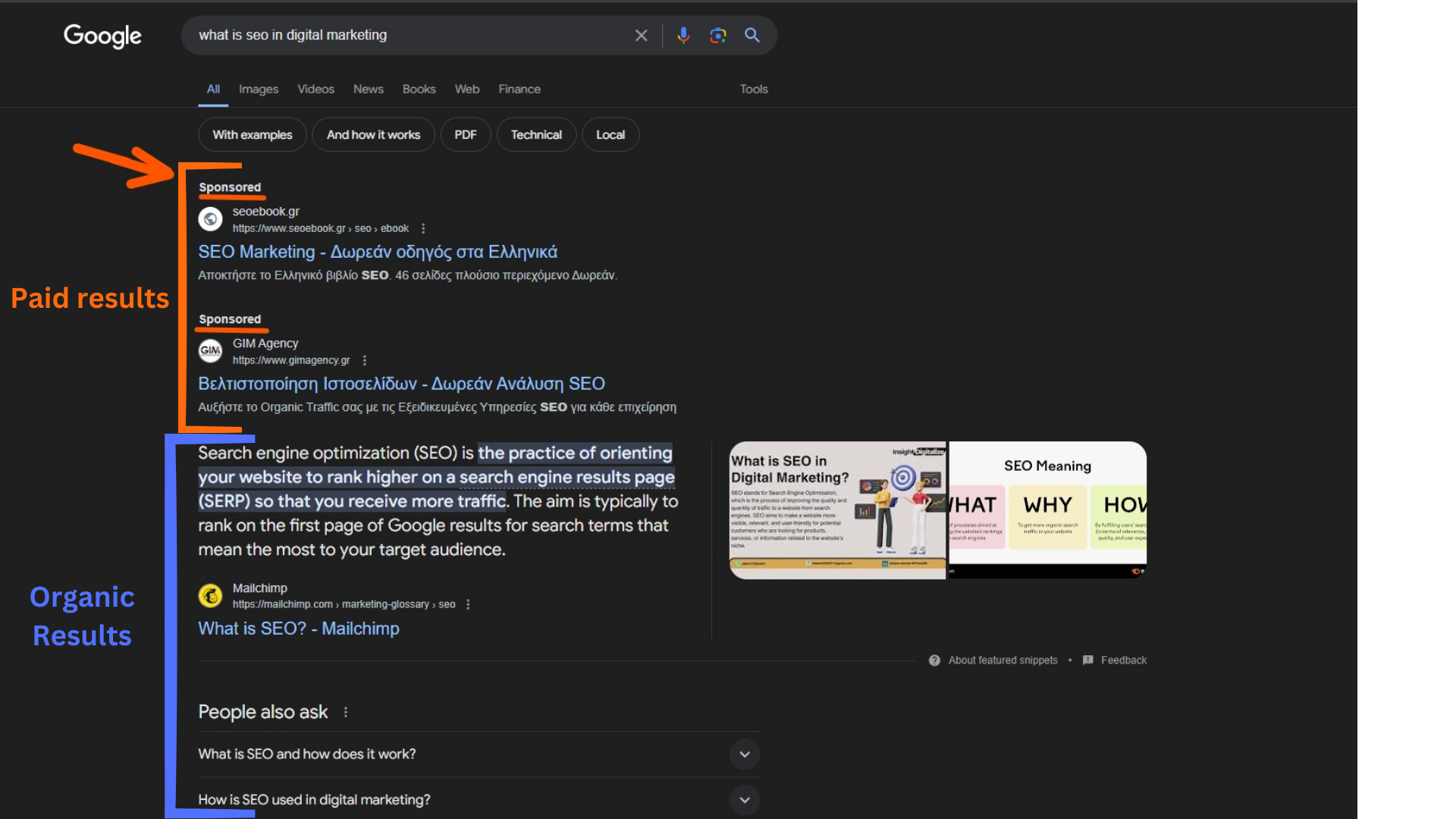
To rank high in organic results, you need to understand how SEO works along with its aspects.
I’ll start with the basics:
What does SEO consist of?
– On-Page
– Technical SEO
– Off-Page
By optimizing your website in all aspects of SEO, you can improve your position in the organic results, and at the same time get more organic traffic.
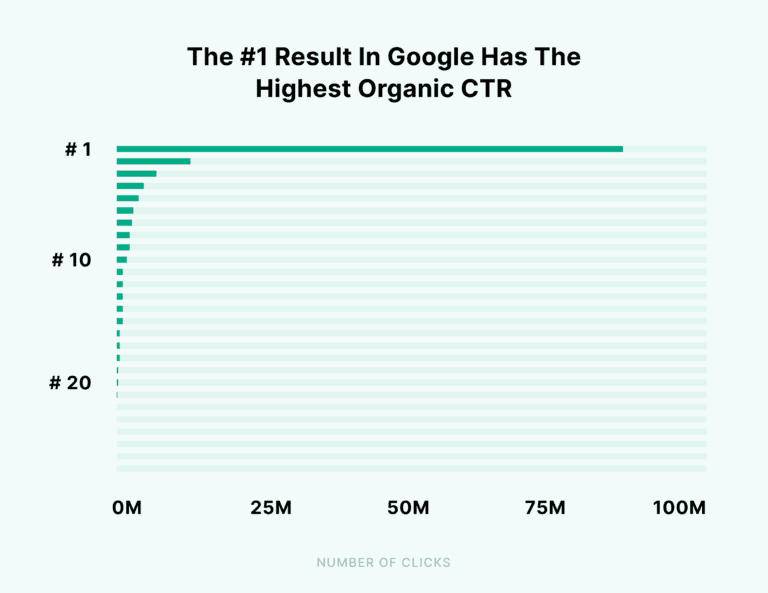
(Source Backlinko)
Having finished with a basic introduction, let’s talk in more detail about issues such as…
How do search engines work?
Search engines such as Google and Bing do their best to constantly provide high-quality content to their users.
For your convenience, I will continue to talk about Google, since that is what the majority associates with SEO.
When you enter the keyword “What is SEO” into Google, it triggers it’s algorithm to provide the best possible content.
But… how does it know which content is the best fit for you?
Although we don’t know the actual factors that search engines use, based on research and what Google itself has given us, we have come to some conclusions.
Authority, Relevancy, Usefulness
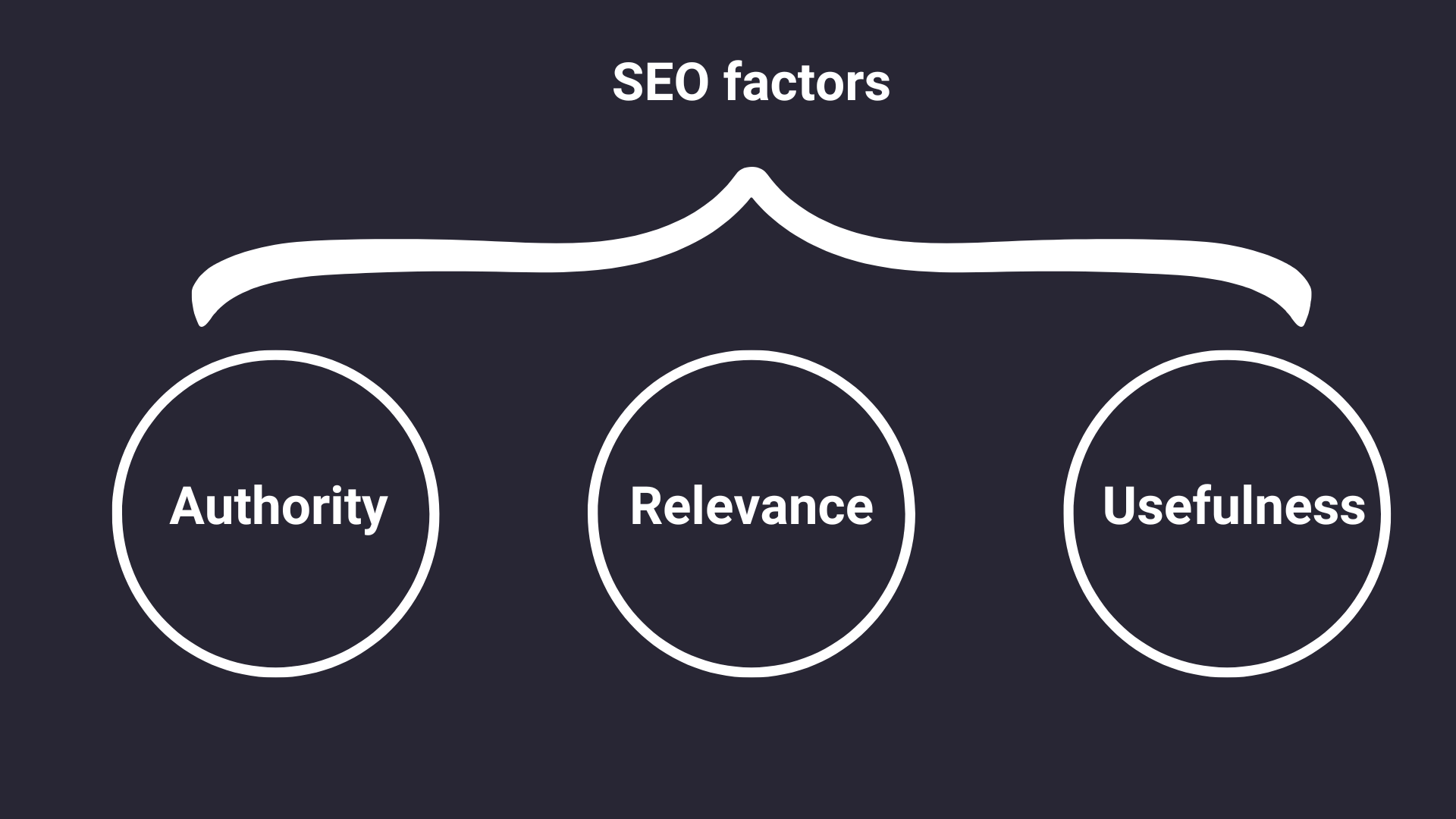
Authority is about how well known and trusted a website is.
Relevancy, is the relevance between the keyword a person is searching for and the content of a website.
Usefulness, is of course, the usefulness of the content.
Optimizing these three factors, alongside others I’ll mention below, is a big goal of SEO.
They help your website rank higher because you are making quality and useful content for your audience.
Paid vs Organic results and how SEO helps
At the beginning of the article, I showed where organic and paid results appear on google.
Before I talk about SEO and how it helps you, you need to know the difference between the results.
Paid vs Organic seach results
To climb high in the organic results, it takes hard work.
It requires content optimization (on-page optimization), technical optimization and backlinks optimization (off-page optimization).
An SEO Specialist/Expert has to do a lot to achieve a good position in the organic results.
This means that your content will be of higher quality and often better than sponsored or paid content.
Moving on, it’s easier to rank for paid search results.
In paid results, Google asks advertisers to state how much they are willing to pay for a visitor from specific search results.
It then ranks them based on amount and website relevancy.
The difference is clear:
For organic results it takes constant effort and optimization, while for paid results it takes proper bidding and relevancy.
How does SEO help my business?
SEO helps in optimizing the ranking of your content in the organic search engine results.
Meanwhile, many people believe that the purpose of SEO is to get you to the top position in search results.
Although it would be beneficial, it is not necessary.
SEO can still bring you leads and conversions in lower rankings.
And at the end of the day that is the goal of a business.
When does SEO pay off?
It usually takes 6 to 12 months.
This depends on factors such as how often you post content, how long you’ve been in the market and whether you have a new website or a new brand.
In addition, it requires constant monitoring of your SEO strategies so you can adapt to any new changes.
Keywords
I’m going to give an introduction to keywords and buyer personas, but I won’t go into too much detail, because I want to delve deeper into this matter in another blog post, since it’s a huge part of SEO.
Before I start with how to do proper keyword research, you first need to know who your audience is.
Utilize the hubspot make my persona tool for this purpose, where you design the persona of your buyers.
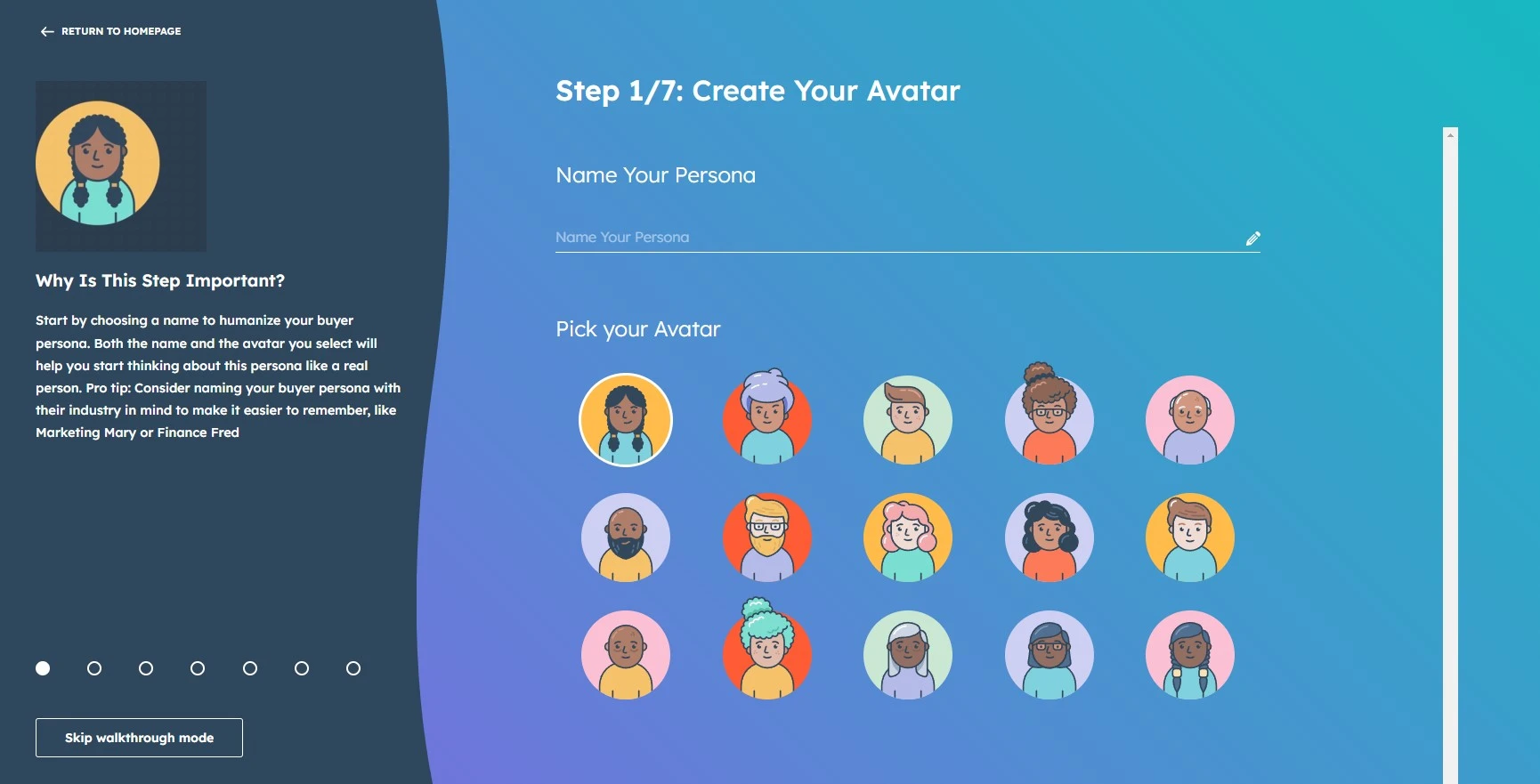
It has a lot of options for what you want your ideal client to look like!
Now that you have an idea of what that customer is like, you need to think about what keyword they will type into google search to find the products or services they want to consume.
You basically have to understand their search intent.

This is where keyword research comes in.
I’ll give some examples of how we do keyword research…
Image that you are a tutoring company.
Some keywords that you could utilize in articles are:
“Effective study strategies for exams”.
“Benefits of one-on-one tutoring.
”Online tutoring courses”
Using these keywords you can guide your clients to the appropriate pages.
Of course, keyword research is difficult, so you can also use SEO tools to help you.
The aspects of SEO
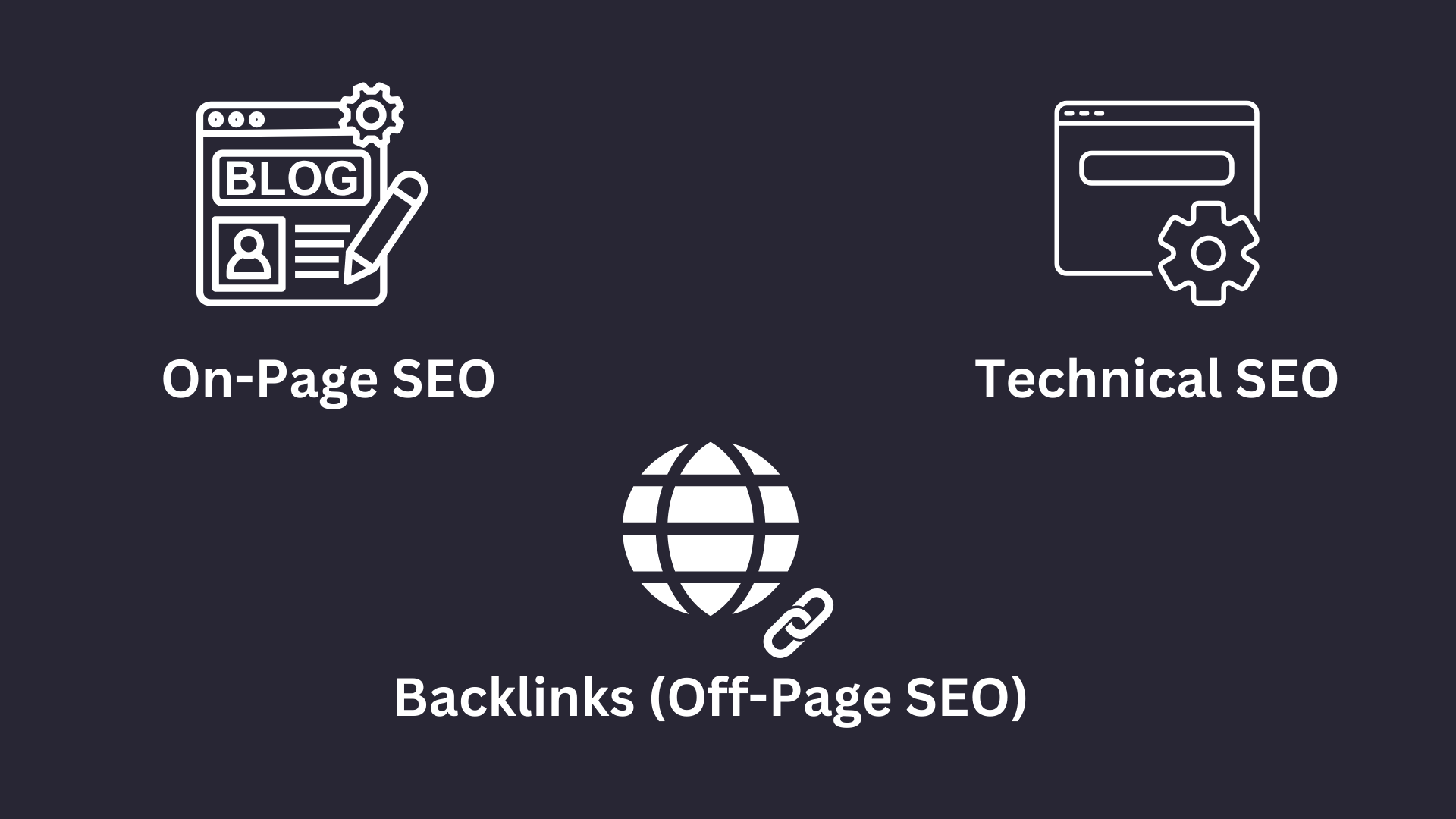
Now let’s talk about the 3 aspects of SEO.
Starting with…
On-Page SEO
On-Page SEO is about optimizing every page of your website for search engines and your audience.
It involves actions that have to do with the structure, keywords and content given to the page.
Some advantages are…
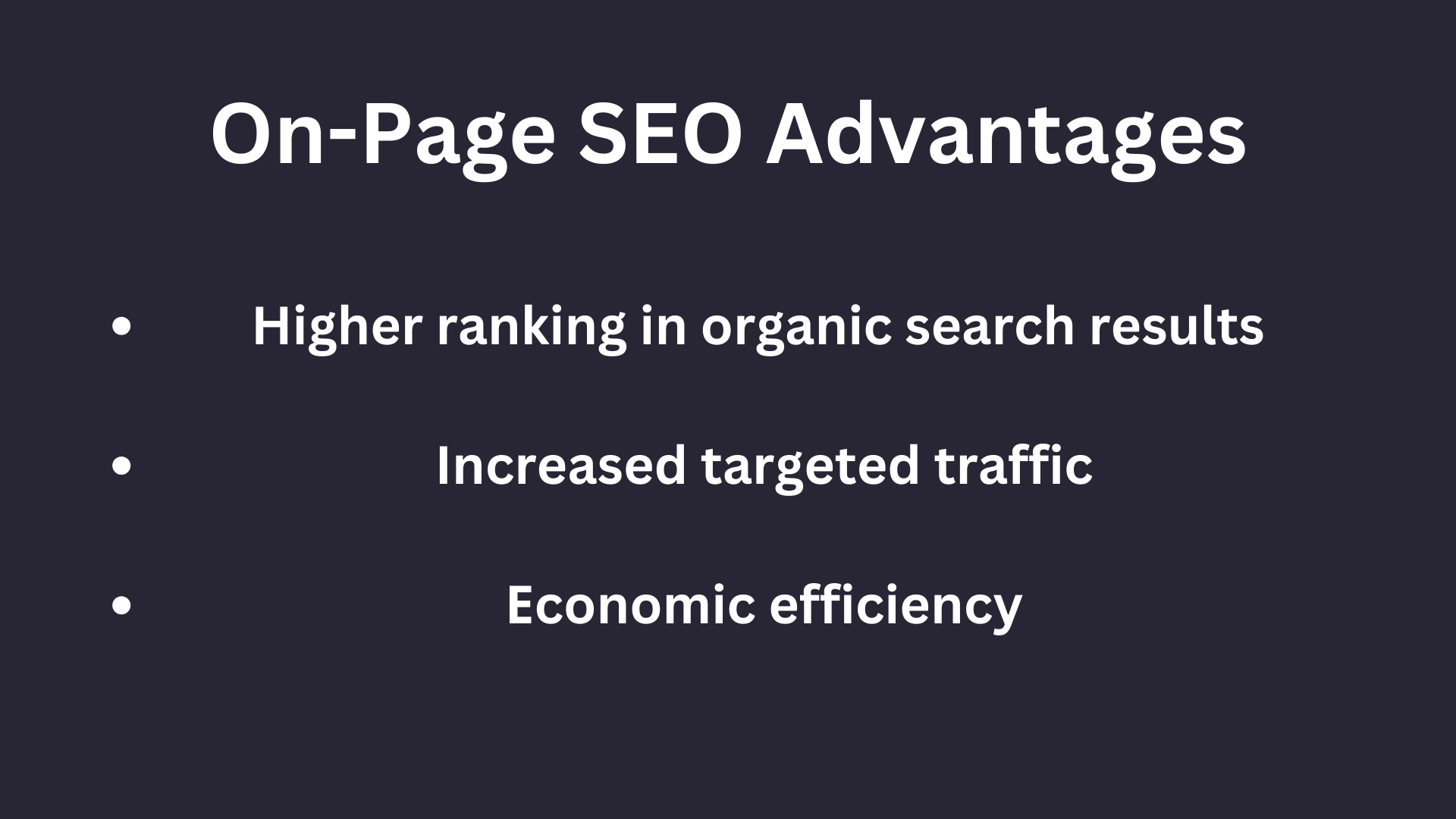
Technical SEO
Regarding Technical SEO, it is the technical optimization of your entire website. From the speed of each page, mobile optimization, security, to code improvement.
As a result, google reads your page content more efficiently while your audience has a better experience when navigating your site.
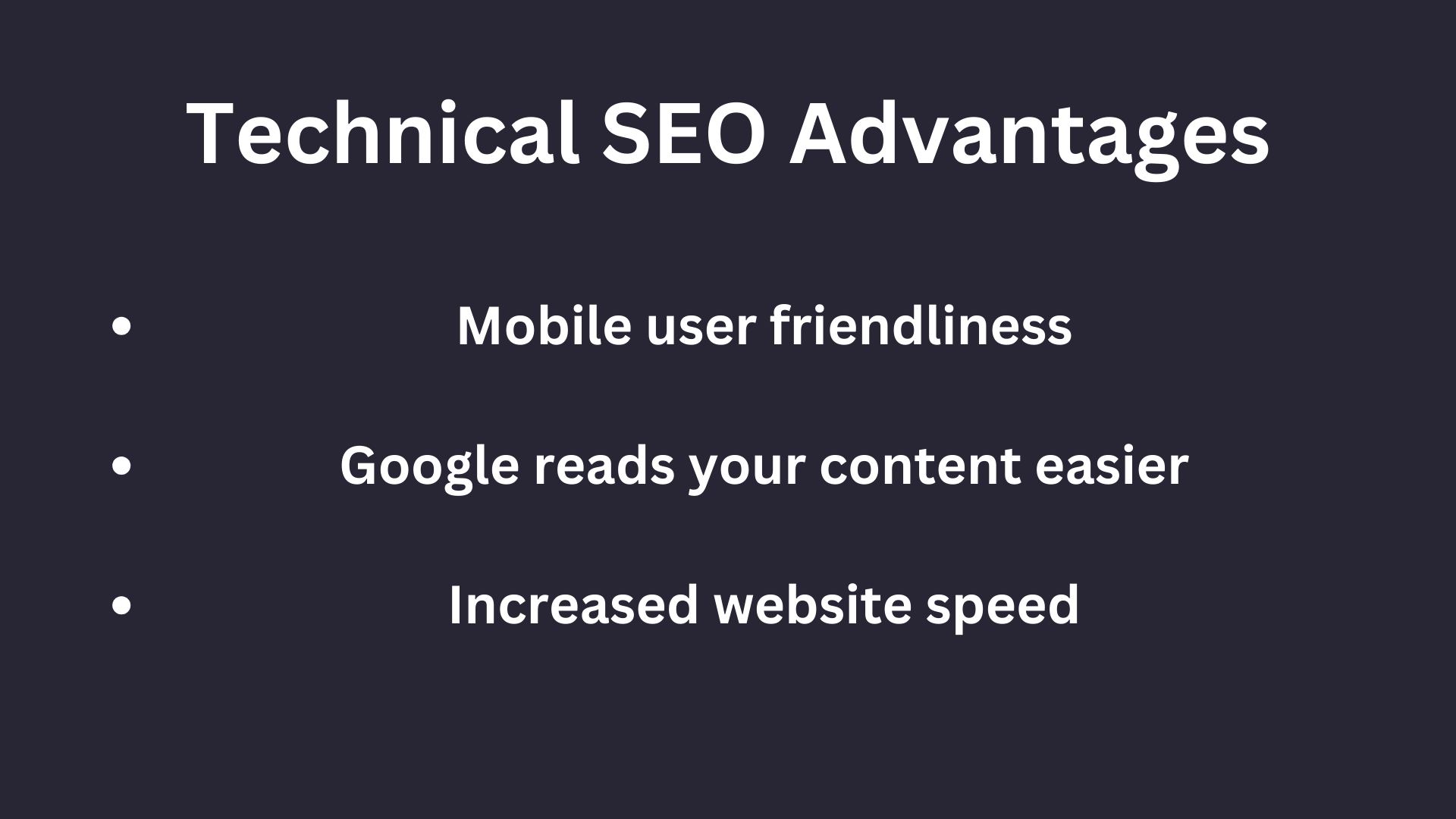
Off-Page SEO
Off-Page SEO, is MOSTLY backlinks (external links to your website), or any other means outside of your website that helps you build authority and visibility.
Of course, the backlinks must come from high quality websites with relevant content to yours.
An equally important part of off-page SEO, is the visibility you usually gain from sources such as social media.
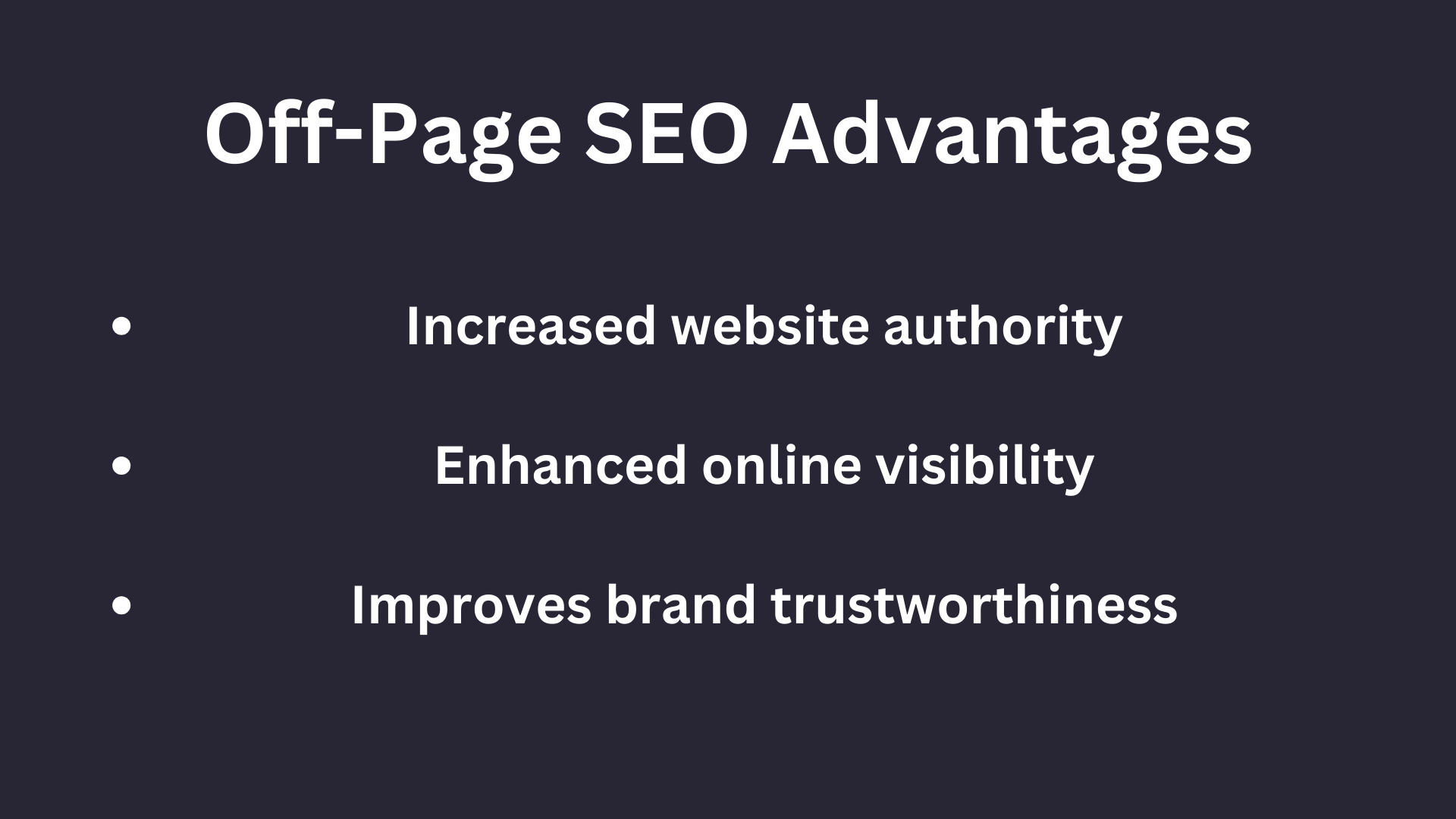
Summing up
There is a LOT I haven’t talked about regarding SEO… and much more that one needs to know.
If you give it a chance, you’ll see how many benefits it has to offer. From high organic traffic, visibility, trustworthiness, to cost-effective marketing.
